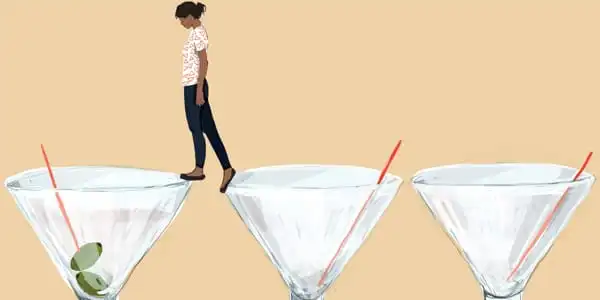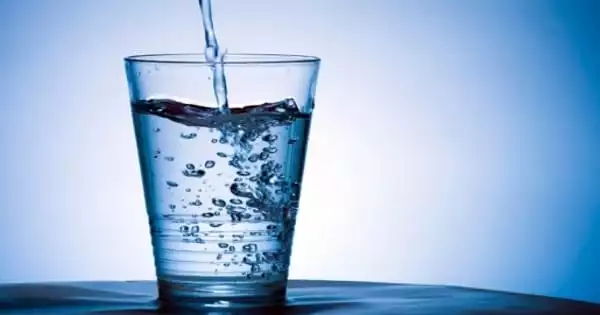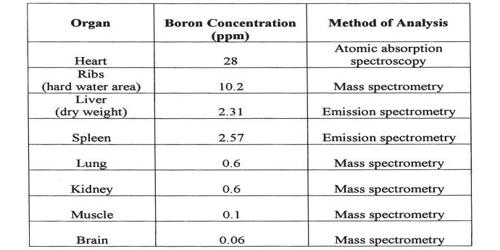Life can be stressful at times. In everyday life, situations arise that cause sadness, anger, fear, anxiety, and excitement. Many people who find themselves in stressful situations turn to alcohol to help them cope. The issue with this is that alcohol can disrupt the body’s physiological balance.
A new study, which has important implications for understanding gender differences in alcohol consumption, has found that stress alone causes excessive drinking in women but not men. The researchers used a simulated bar setting to see how stress affected whether participants drank more than they intended.
Women appear to be more vulnerable than men to many of the negative consequences of alcohol consumption. Women have higher blood alcohol concentrations and become more impaired than men after drinking the same amount of alcohol. According to research, women are more vulnerable than men to alcohol-related organ damage as well as trauma from traffic accidents and interpersonal violence.
The fact that women only needed the stress while men needed the push of already having alcohol on board demonstrates how important this type of research is. The consequences of alcohol use differ for men and women, and we cannot continue to use models developed for men to help women.
Julie Patock-Peckham
According to a new study, stress alone can cause women to drink excessively. Men who experienced the same stress only drank excessively after they had begun to consume alcohol. Despite the fact that men abuse alcohol at a higher rate than women, women are catching up. Women are also more likely than men to develop alcohol-related problems.
Participants drank alcoholic beverages in a simulated bar while acting out stressful and non-stressful scenarios. Women, but not men, drank more than they intended as a result of stress, demonstrating the importance of studying gender differences in alcohol consumption. The findings were published in the journal Psychology of Addictive Behaviors.
“Some people intend to drink one or two alcoholic beverages and then stop, but others just keep drinking. Impaired control over drinking is one of the first signs of an alcohol use disorder, and we know that stress contributes to both impaired control over drinking and dysregulated drinking. The role of stress in impaired drinking control, particularly in women, is understudied “Julie Patock-Peckham, an assistant research professor at ASU and the study’s lead author, explained.

The research was conducted in a research laboratory that was designed to resemble a bar, complete with a bartender, bar stools, and lively conversations. There were 105 men and 105 women among the participants. They were randomly assigned to different groups, with some experiencing a stressful situation and others experiencing a non-stressful situation. Following that, half of the participants were given an alcoholic drink equal to three cocktails, while the other half were given three non-alcoholic drinks. Following that, all participants had free access to alcoholic beverages from the bar for 90 minutes.
“We know that genetics and environment both play a role in problematic drinking. We have no control over the genes, but we can influence the environment. Stress and impaired drinking control are inextricably linked, and because stress is something we can control, we investigated whether stressors cause dysregulated drinking “Patock-Peckham, who directs ASU’s Social Addictions Impulse Lab, agreed.
The experimental design allowed the researchers to determine whether the amount of alcohol consumed was caused by stress, the initial drink, or a combination of the two. The team counted the total number of drinks consumed as well as the blood alcohol content of the breath (BAC).
All participants drank more heavily after being exposed to stress. Men who received an alcoholic first drink and experienced stress drank more than men who received a placebo. It didn’t matter whether the first drink was alcoholic or not for women: stress led to binge drinking.
“The fact that women only needed the stress while men needed the push of already having alcohol on board demonstrates how important this type of research is,” Patock-Peckham said. “The consequences of alcohol use differ for men and women, and we cannot continue to use models developed for men to help women.”
Alcohol, according to researchers, has a psychological and physiological impact on the body and may actually exacerbate the effects of stress. Drinking alcohol may appear to provide some temporary relief, but as stressful events continue over time, heavy alcohol consumption can lead to medical and psychological problems, as well as an increased risk of developing alcohol use disorders.
















